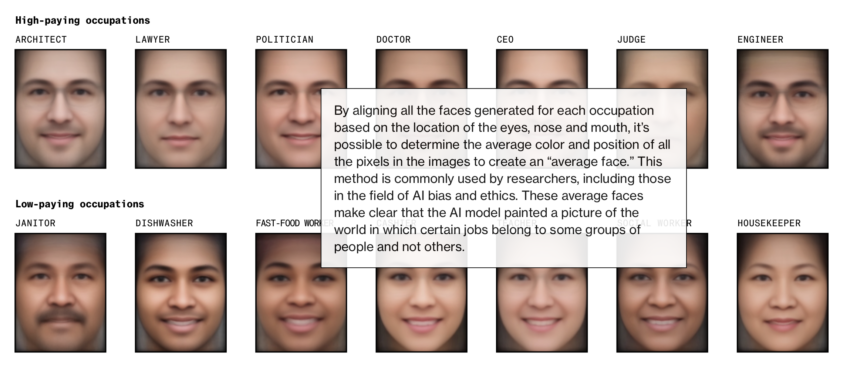Former file-sharing platform LimeWire has launched a new content creation platform on Polygon. Creators will use artificial intelligence (AI) to produce new content they can sell as non-fungible tokens (NFTs) on the secondary market.
Initially, users can incorporate beats, melodies, and songs from LimeWire and its partners into their content. The platform will split revenues between the creators of AI files and developers of original content.
About Face for Platform Once Known for Illegal File Sharing
LimeWire pays original content creators, who can later earn royalties from secondary content sales on NFT marketplaces. LimeWire itself earns money from advertising revenue earned from content views.
Founded as a file-sharing platform in the mold of Napster, LimeWire’s intellectual property was purchased by Julian and Paul Zehetmayr in 2021. The pair later raised $10 million through a private sale of their native LMWR token to Kraken Ventures, Arrington Capital, and GSR.
COO Marcus Feistl commented on the rollout of its new platform:
“With the launch of the LimeWire AI Studio, we will now lower the entry barrier for anyone to become a content creator and start their creative entrepreneurial journey.”
Earlier this year, Napster, a hive of piracy in the early 2000s, bought NFT music platform Mint Songs.
Shutterstock content creators cried foul earlier this year when the platform teamed up with OpenAI to generate new content from their work. Shutterstock feeds OpenAI’s large language model with stock images created by contributors to generate new content.
Universal Music Group and Google later discussed a tool to pay music artists for work used in AI songs. UMG lawyers earlier asked Spotify to remove a song a TikToker created with AI earlier this year.
Could LimeWire AI Eventually Produce “Uncreative” Content?
A 2019 article in the MIT Technology Review said patterns in AI are only identified years after they launch. Once discovered, finding out how the AI model derived those outcomes is not trivial.

In other words, flaws in the datasets or methodology OpenAI uses can propagate downstream. As a result, algorithms may produce higher volumes of similar output, stifling creativity.
Even if artists or their estates earn royalties, their work could be used to create content they may never have wanted to be associated with. In April, Drake criticized a song using his voice as “the final straw,” while someone used Frank Sinatra’s voice in a hip-hop song called Gangsta’s Paradise.
In addition, few measures are in place to control where and how AI models source their information. A notable exception is China, where all new AI products can only crunch information agreeing with socialist ideals.
Earlier this month, YouTube announced a new AI music incubator to balance AI innovation and copyright infringements.
Got something to say about the AI content tools offered by LimeWire or anything else? Write to us or join the discussion on our Telegram channel. You can also catch us on TikTok, Facebook, or X (Twitter).
Trusted
Disclaimer
In adherence to the Trust Project guidelines, BeInCrypto is committed to unbiased, transparent reporting. This news article aims to provide accurate, timely information. However, readers are advised to verify facts independently and consult with a professional before making any decisions based on this content. Please note that our Terms and Conditions, Privacy Policy, and Disclaimers have been updated.


